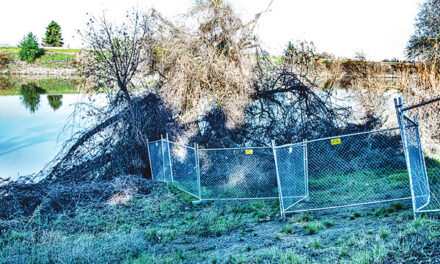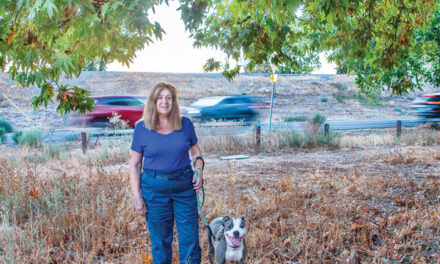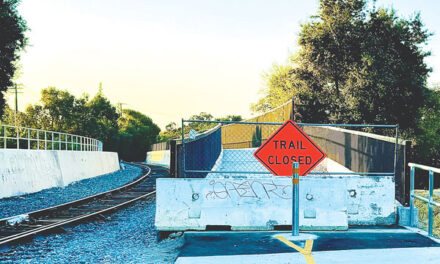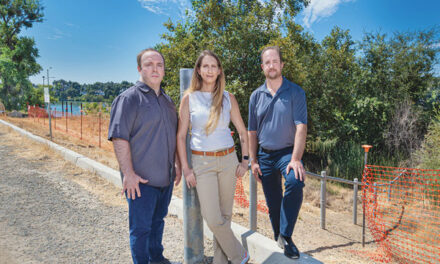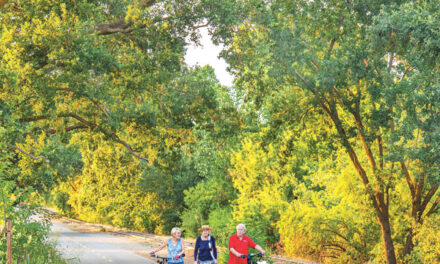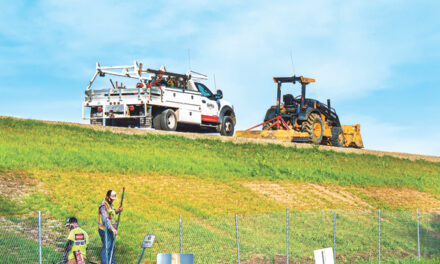Everyone knows bicyclists are scofflaws because they incessantly run stop signs. For some observers, this behavior merely puts bike riders in a bad light. For others, it really gets their goat. They vilify, and perhaps even hate, bicyclists because of it.
I try to obey laws. Heck, I even annoy my wife by driving at the speed limit. But there is one law I routinely ignore—coming to a complete stop at stop signs when I bike. The requirement to do so is simply bad law. Stop signs were invented for vehicles.
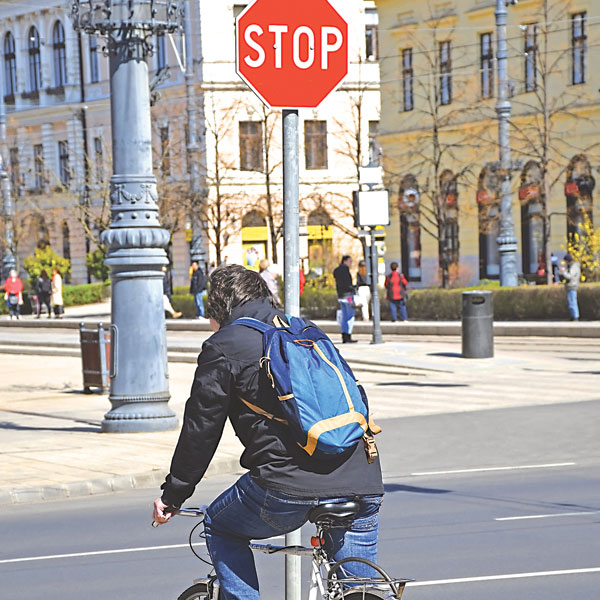
How would you feel if it were legal for bike riders not to stop at stop signs? Four years ago, I wrote about (and campaigned for) a bill before the California Legislature that would have required bike riders to slow and yield rather than completely stop at stop signs. That’s something virtually every bicyclist does now because it’s rational. Not only is it safer than stopping, it improves traffic flow for everyone.
Yet in 2018, the author of the bill withdrew it. He faced opposition from a formidable lineup: League of California Cities, Police Chiefs Association, AAA, Teamsters and the disability community. Even though a similar law had been in place in Idaho for 35 years without causing problems, opponents speculated that chaos and mayhem would ensue in California. Based on advice from the CHP, the former chair of the Assembly Transportation Committee agreed.
How times have changed. First, Delaware passed the “Delaware Yield.” Arkansas passed an “Idaho Stop” bill as a way to welcome cyclists and boost bicycle tourism. Colorado, which permitted municipalities to allow “stop as yield,” passed uniform standards. In January 2020, Oregon legalized “stop as yield” and Washington followed suit.
This year, new “stop as yield” laws have passed in Utah and North Dakota. Bills are being considered in California, New Jersey, New York, Oklahoma and Virginia. Advocates in Illinois and Texas would like their states to join the movement.
In March, the California bill survived the Assembly Transportation Committee by a 10–4 vote. The Oklahoma House passed its bill by a 76–13 margin.
What made the changes possible? It seems Delaware’s law opened the floodgates for pent-up demand. Delaware’s safety experience has been positive. Bicycle crashes at stop sign intersections decreased by 23 percent after the law was implemented.
In California, most opposition mysteriously melted away. The only opponent has been the California Association of Highway Patrolmen, which cited a “feeling,” not any facts, that changing the law would harm public safety.
The new Assembly Transportation Committee chair, Laura Friedman (D-Glendale), is bike-friendly. She bikes from her residence in Midtown to the Capitol. Her leadership and knowledge make a difference. The California Bicycle Coalition marshaled a legion of supporters, including all major national bike organizations, California bike clubs and advocacy groups, environmental groups, pedestrian advocacy organizations, the Local Government Commission and the city of Sacramento.
Reforming this law has been a longtime goal of mine. It’s one of the first ideas I embraced when I became an active bike advocate 25 years ago. When I said as much to a certified bicycle skills instructor, he wished me “bad luck.” He believed bicyclists should follow the same rules as motorists.
But bicyclists never have followed the same rules. And they shouldn’t when it doesn’t make sense. This year, he supports California’s reform.
Based on evidence, I believe reforming the law will make bicyclists safer. Yielding allows bike riders to spend less time in intersections, maneuver quickly, and avoid awkward stops and starts. It makes choosing to ride on quiet neighborhood streets with more stop sign intersections better than riding on busy, fast arterials.
It will make enforcement fairer, less selective (and potentially less discriminatory) and more able to focus on truly dangerous behavior.
Most importantly, changing the law will mitigate a pervasive animosity toward bike riders. Scofflaws will be transformed into respectable law-abiders. Some motorists may view this as preferential treatment and still harbor resentment toward bicyclists. I guess that can’t be helped.
I’m OK with commonsense, differential treatment for a method of getting around that is cleaner, quieter, healthier and cheaper than driving and improves every neighborhood. I fervently hope California passes this law as a way to promote more—and more equitable—bicycling.
Walt Seifert has solicited support for AB 122, the bicycle Safety Stop Bill. California’s bill does not include allowing bicyclists to treat red traffic signals as stop signs, which Idaho and some other states do.
Walt Seifert is executive director of Sacramento Trailnet, an organization devoted to promoting greenways with paved trails. He can be reached at bikeguy@surewest.net. Follow us on Facebook, Twitter and Instagram: @insidesacramento.




